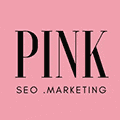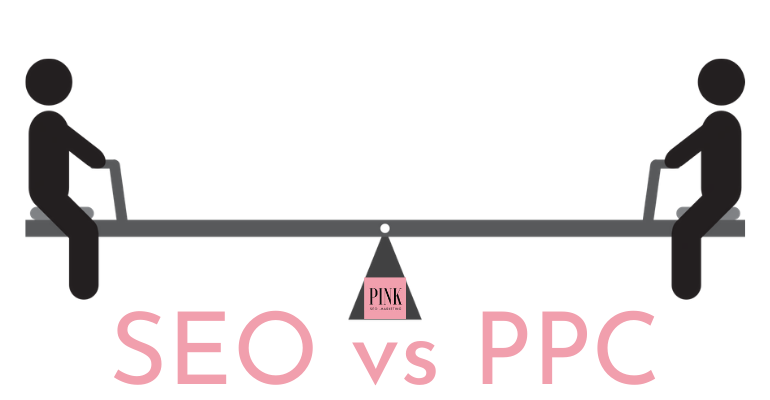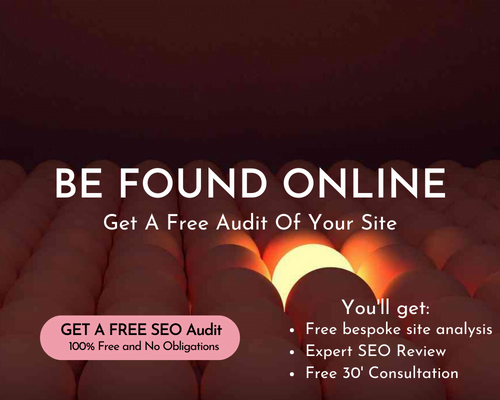Organic SEO vs PPC
- Home
- Articles and Publications
- Digital Marketing Tips
- Organic SEO vs PPC
Organic SEO vs PPC
Posted on February 06, 2021
0 Comment
Both SEO and paid advertising are very popular sources of leads which have been existing for a long time.
Both of them involve being found on Google in a prominent position.
They have some similarities and several differences, and they both have their advantages but also some elements that need to be considered.
Many business owners still don’t fully grasp the differences between these two powerful marketing tools, so in this article, we’d like to explain the difference:
SEO vs PPC
Pay-Per-Click (PPC), Google AdWords, paid advertising.
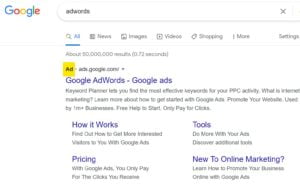
Paying for ads on Google (and social media) is a popular choice to attract visibility to a website, to be found and to sell more.
Utilising these campaigns is called SEM (Search Engine Marketing, as opposed to SEO, Search Engine Optimisation).
It can be a potent approach, but it should be considered for all its advantages and consequences.
Pros and cons of SEM
With paid ads, your site can can be immediately found,, ranking top on Google, but only as long as you keep paying for your ad.
This makes the method very fast in delivering results, but also very costly.
You can recognise when a result is sponsored by the element “Ad” before the URL. Users know that these results are ranking because someone is paying for that to happen and tend not to trust these results not as much as organic rankings.
In fact, CTR (click-through-rate) of a sponsored result is lower than an organic ranking.
SEO, Search Engine Optimisation
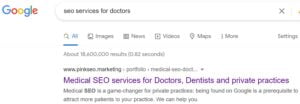
Gaining organic results with SEO, instead, is a longer-term type of approach.
Pros and cons of SEO
Most people nowadays are aware that with Search Engine Optimisation, results cannot be achieved overnight. According to the specific website’s characteristics and backlink profile, it could take a few months to achieve desirable first-page rankings.
However, once your pages acquire these positions, they can fluctuate a bit – or a lot, if a competitor starts targeting that same keyword heavily, by producing better content than yours (therefore, always keep your rankings monitored to be able to promptly react if anything happens) – but generally, they can remain yours for quite a while.
Regularly producing informative and original content & maintaining/monitoring the health of the website is the route to ranking success.
However, the investment in SEO will pay off in the long run by giving your site a natural (organic) ranking that you won’t continuously have to invest in.
SEO vs PPC: what shall I choose then?
The most powerful and balanced approach, therefore, combines SEO and SEM.
It implies relying on paid ads as a fast resource to rank for what lies beyond your site’s current reach, whilst optimising your site so that it also organically delivers ranking goals that your site needs to possess organically.
